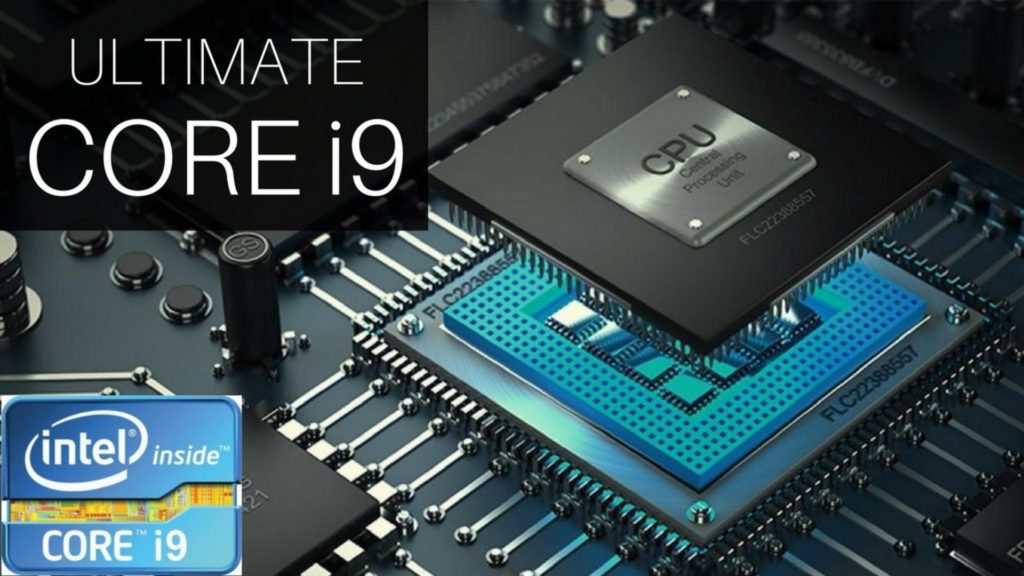With AMD back with a vengeance in the CPU arena with its popular (and powerful!) Ryzen processors, Intel has been forced to step up its game. This is honestly a good thing because when AMD was unable to compete with its rival CPU giant, Intel was pretty pitiful when it came to offering powerful processors at an affordable price. And, in addition to that, the upgrades between different generations were fairly tame and uninspiring. Now, though, with Ryzen on the market, Intel has been making a much stronger effort to provide powerful, affordable processors for both the mainstream and high-end markets.
This year’s second-generation Ryzen processors had a lot to offer. The flagship CPU, the Ryzen 7 2700X, features a whopping 8 cores and 16 threads at up to 4.3 GHz. All this for a mere $329.99, no less! Intel’s current top mainstream offering, the i7 8700K, “only” features 6 cores and 12 threads for $359.99, albeit at a higher 4.7 GHz. However, it’s worth pointing out that Intel has always had a stronger level of “instructions per clock” (or IPC) than AMD-based processors, and although the Ryzen processors are significantly better than anything AMD has offered in the past, Intel still maintains a marginal advantage in this area. However, the extra cores of the Ryzen processor give it a solid advantage in multitasking and in anything that can make use of additional cores or threads.
However, Intel appears to be ready to go toe-to-toe this time around with AMD, finally offering its first mainstream octa-core processor with the upcoming i9 9900K. The 9900K will feature 8 cores and 16 threads, supposedly turbo-clocking as high as 5 GHz this time around. All of that for a supposed $449.99 asking price. Certainly, the Ryzen 2700X will maintain the competitive advantage in terms of price-per-performance, but if Intel continues to have the edge in IPC, the i9 9900K will be a strong contender for gamers and those needing a bit of additional CPU overhead.
No official release date has been announced just yet, but several sources point to a September or October release window.


